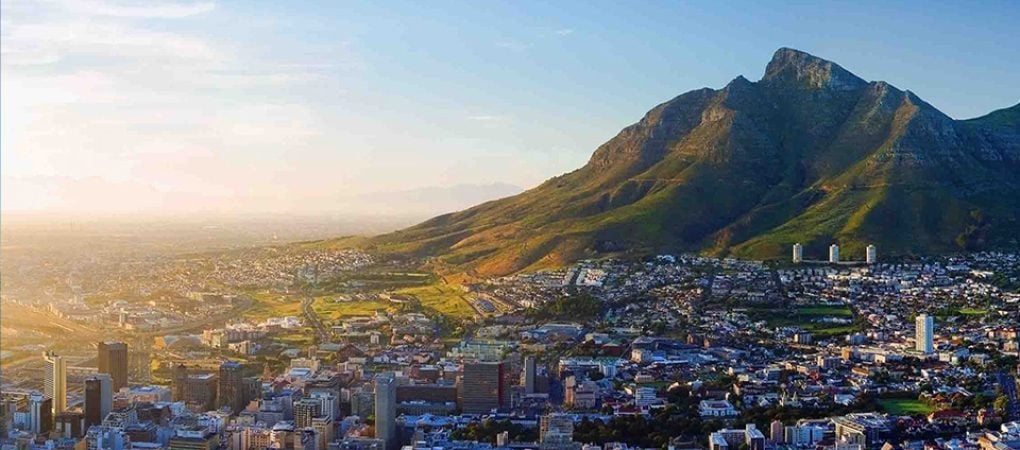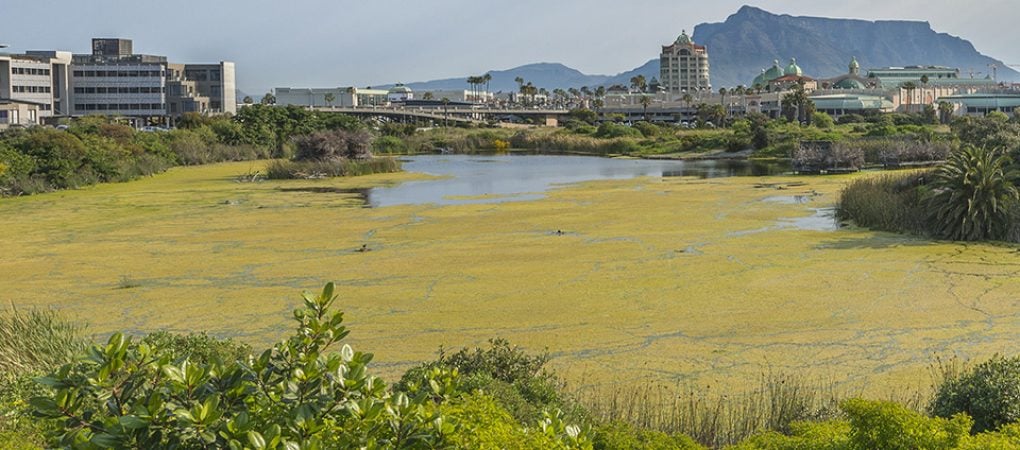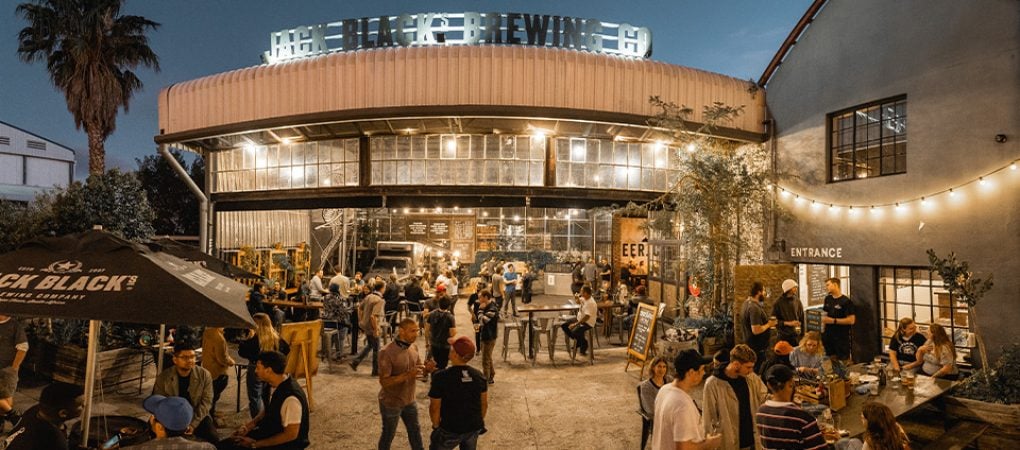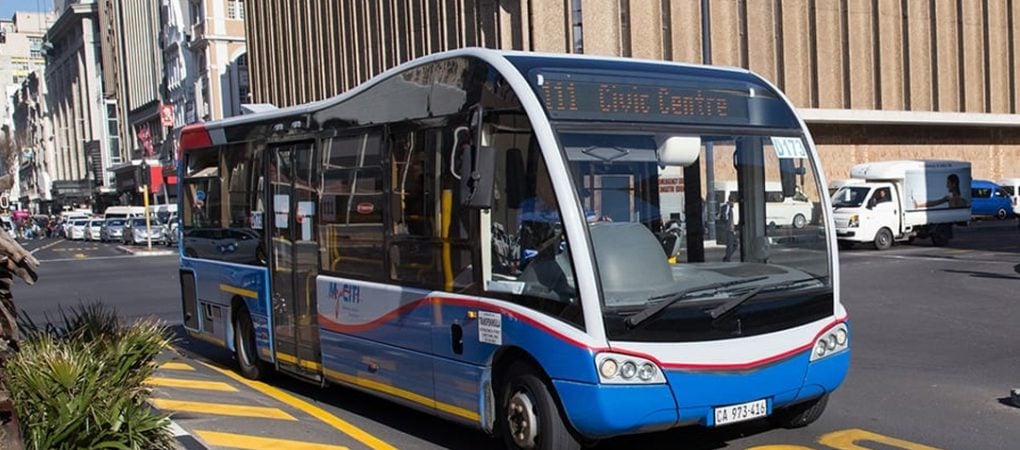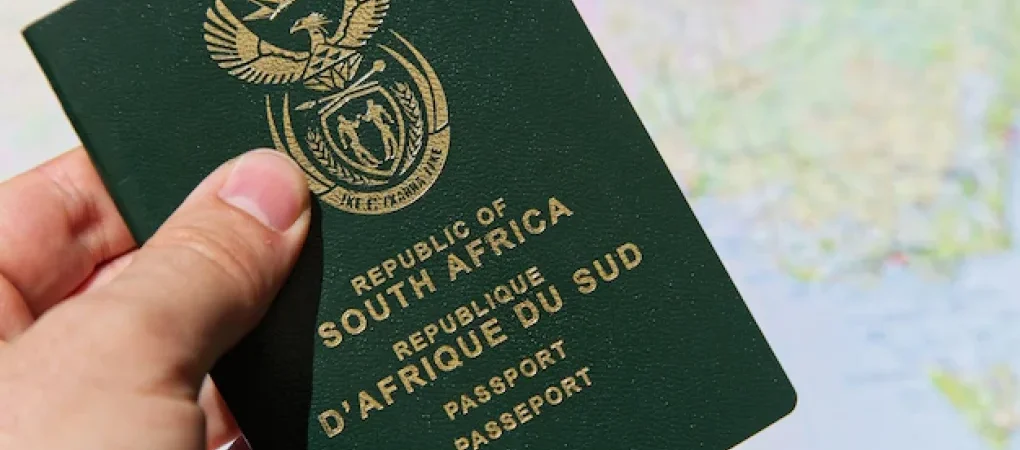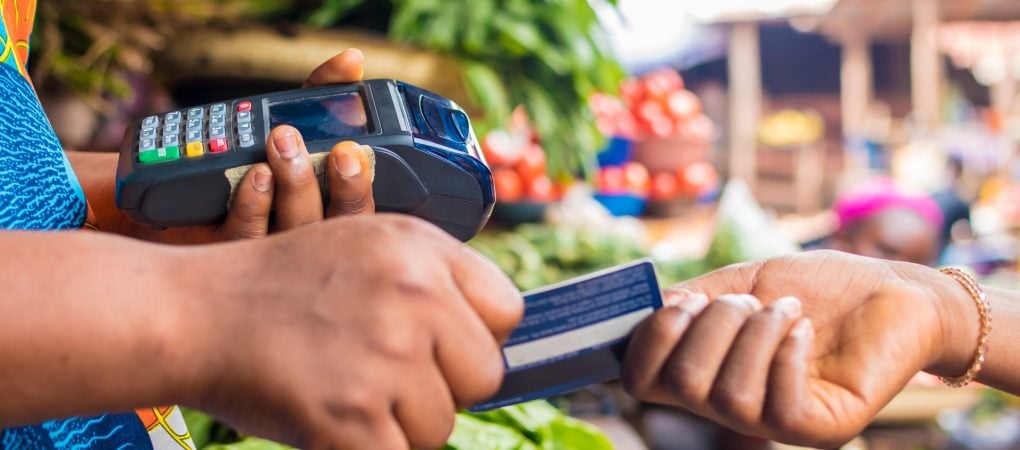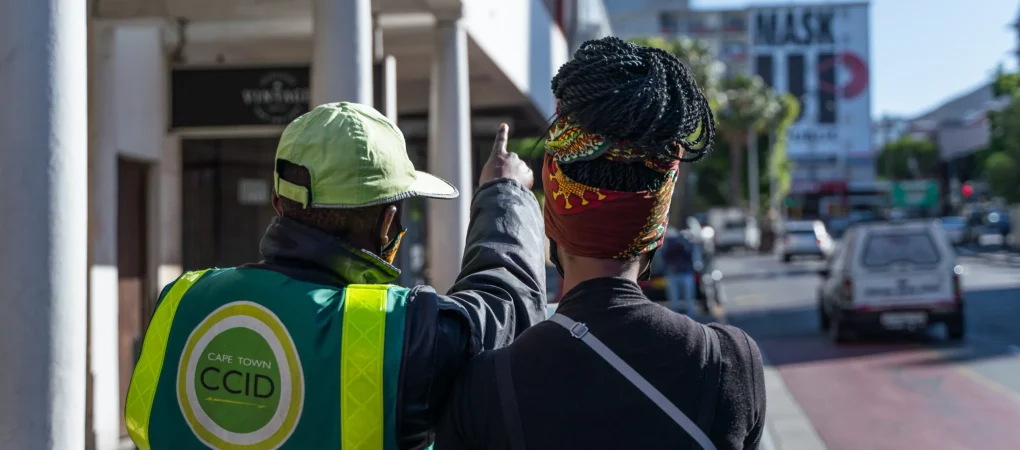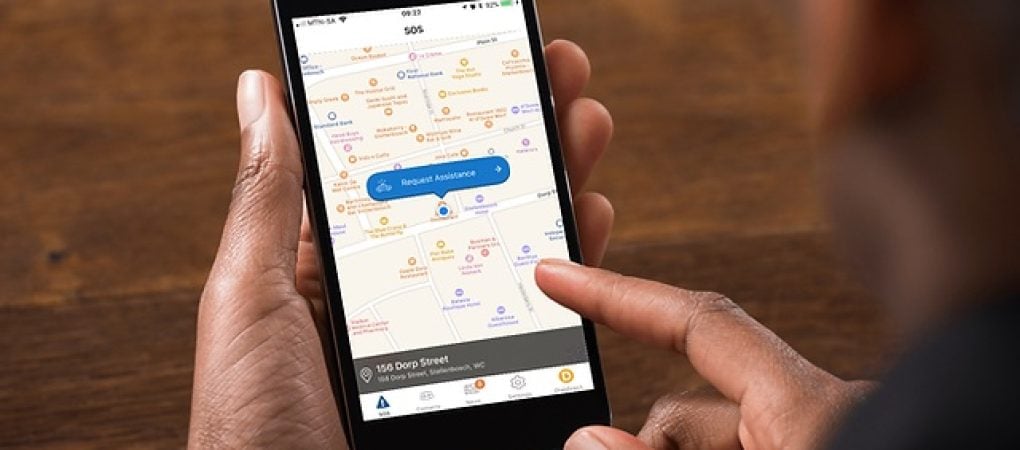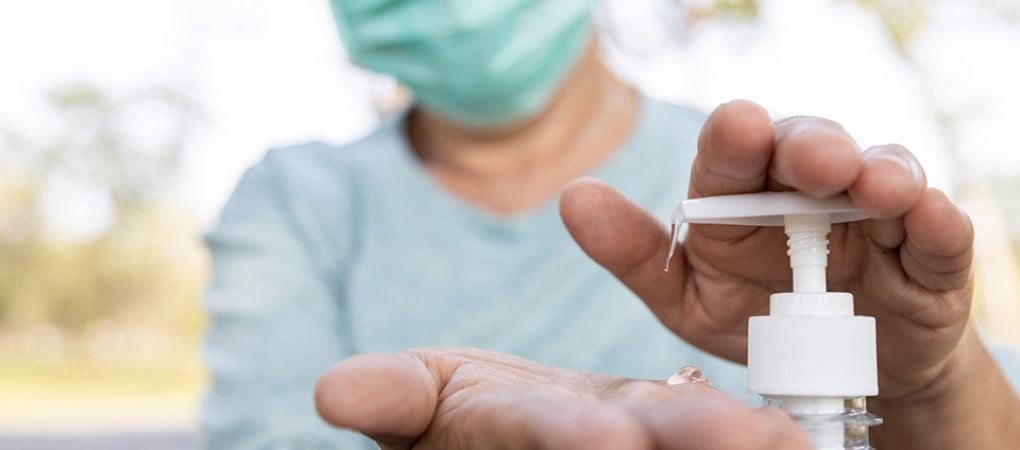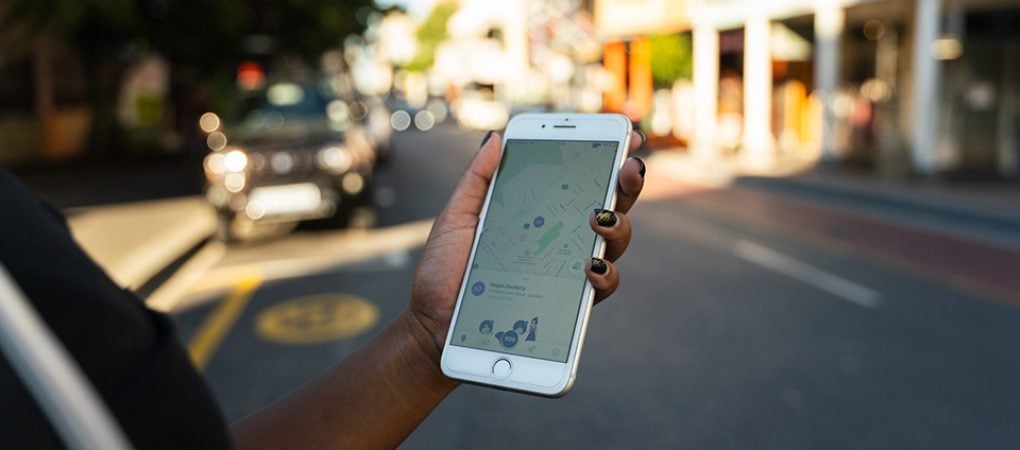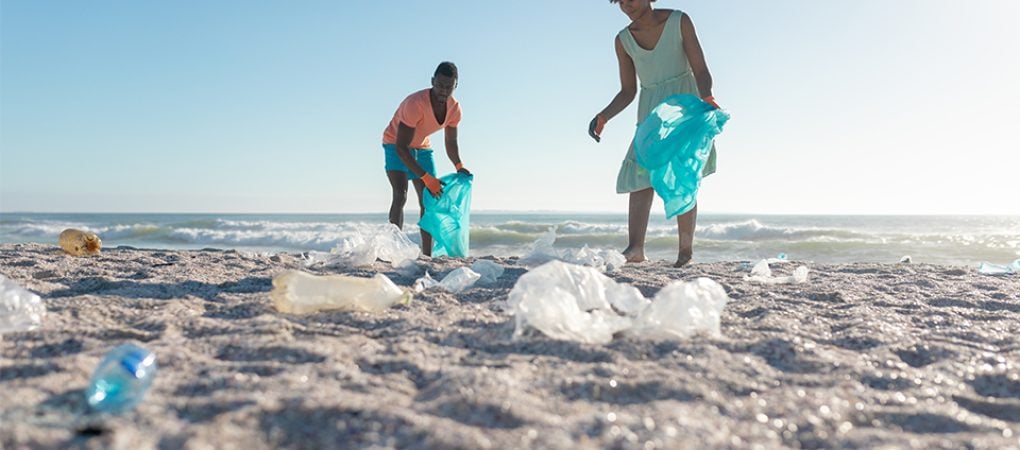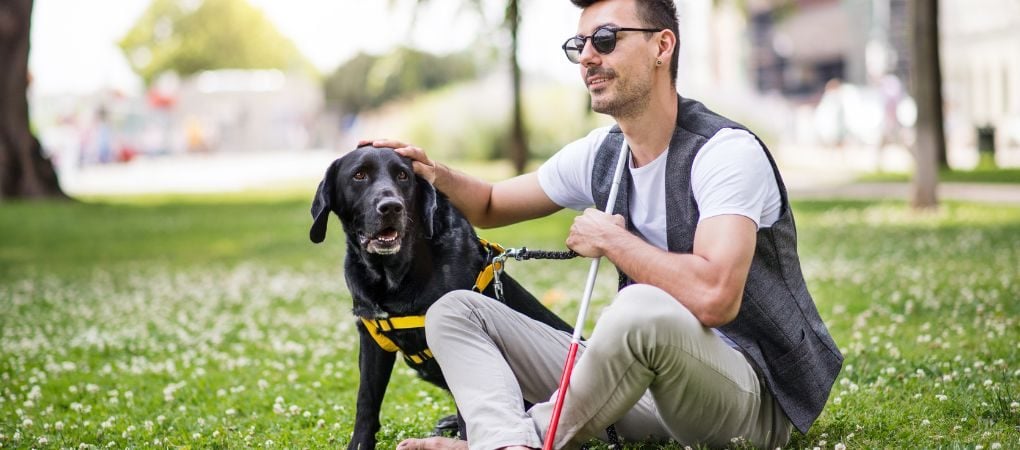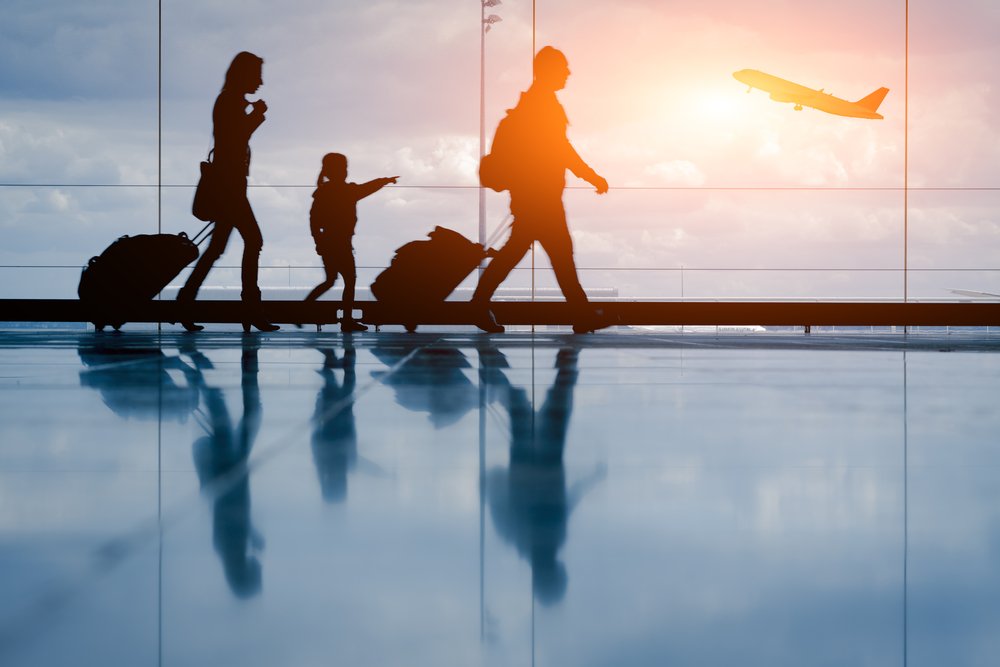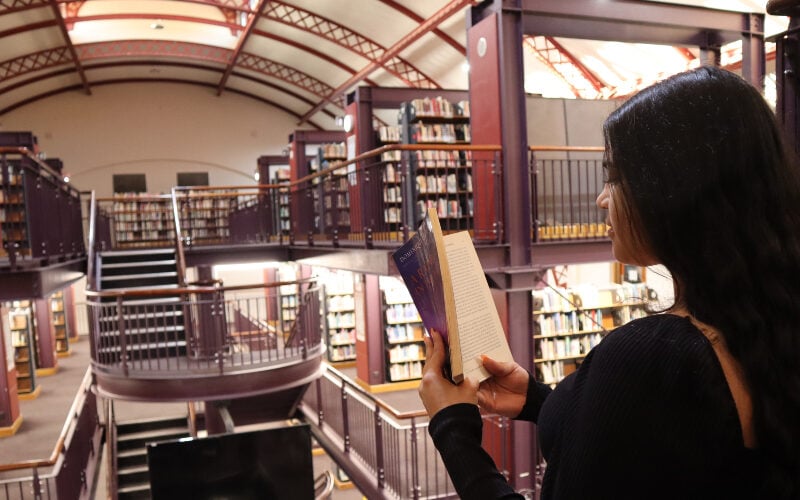Whether we like it or not, the way we travel will certainly change once it’s safe to do so again. COVID-19 will likely be around for a long time so we can expect increased hygiene measures at airports and on planes.
The International Air Transport Association represents around 290 airlines comprising 82% of global air traffic and have made the following recommendations for onboard social distancing.
IATA recommends mandatory face-coverings for passengers and masks for crew. However, it does not support leaving middle seats empty.
Proposed temporary biosecurity measures include:
- Temperature screening of passengers, airport workers and travellers,
- Boarding and deplaning processes that reduce contact with other passengers or crew,
- Limiting movement within the cabin during flight,
- More frequent and deeper cabin cleaning; and
- Simplified catering procedures that lower crew movement and interaction with passengers.
When proven and available at scale, testing for COVID-19 or immunity passports could also be included as temporary biosecurity measures.
Read their recommendations.
How airports are taking precautions
Hong Kong International Airport
Hong Kong International Aiport has started to trial “CLeanTech”, a full-body smart disinfection channel facility. The passenger will first undergo a body temperature test, followed by a 40-second disinfection and sterilisation process in the enclosed channel.
⠀
Watch the video to see a demonstration of how it works.
A passenger, who travelled to Hong Kong in May, shared her airport experience via Twitter. Read it below.
Abu Dhabi International Airport
Abu Dhabi International Airport announced new arrival and departure processes for passengers travelling through airport on special flights operating until 31 May 2020 by Etihad Airways and other partner carriers.
Passengers will pass through SterixGates and will need to adhere to a range of precautionary measures and undergo various forms of thermal screening and testing.
Watch the video to see how the process in action.





